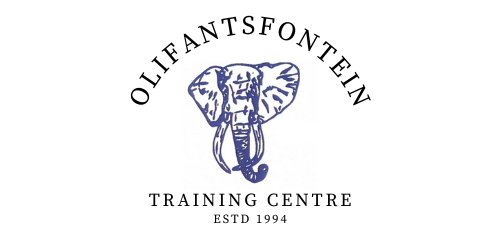
The Role of Continuous Learning in the Automotive Industry
August 11, 2025
The Evolution of Motor Mechanics: Staying Updated with Industry Trends
August 11, 2025In the competitive world of automotive careers, having accredited training is no longer optional; it is a necessity. In South Africa, employers increasingly demand formal qualifications that demonstrate competence, reliability, and professional standards. Accredited training serves as the bridge between potential and professional recognition.
Understanding Accreditation
An accredited course has been evaluated and approved by recognised bodies such as the Quality Council for Trades and Occupations (QCTO) or Sector Education and Training Authorities (SETAs). Accreditation means that the content, assessments, and delivery of the course meet the quality benchmarks set out in national frameworks. At OTC Training Centre, all our programmes are accredited, ensuring your training is recognised both locally and nationally.
Why Accreditation is a Game-Changer
Employers place a high level of trust in accredited qualifications. These qualifications signal that the individual has completed structured training, passed standardised assessments, and acquired skills that are relevant to the modern workshop. With OTC Training Centre’s accredited programmes, you have the assurance that your certificate holds real value in the job market.
Improved Employability
A major benefit of accredited training is access to more job opportunities. Many employers include accredited qualifications as a minimum requirement in job postings. Whether you’re applying for a position in a dealership, fleet service, or an independent workshop, having an accredited certificate from OTC makes your application stand out.
Readiness for Trade Testing
To qualify as a recognised artisan, you must pass a trade test. Only learners from accredited training institutions are eligible to sit for these tests. OTC Training Centre prepares learners through structured modules, mock assessments, and detailed guidance aligned with trade test standards.
Career Progression Opportunities
Once you have an accredited qualification, you are in a better position to move up in your career. Employers are more likely to promote technicians who have demonstrated commitment through formal training. OTC also provides pathways for continued learning, from introductory certifications to more specialised skills training.
Professional Credibility and Industry Respect
Working in the motor industry requires not only practical knowledge but also professional recognition. Holding an accredited certificate shows that you take your career seriously. OTC Training Centre’s programmes are designed to instil that sense of professionalism from day one.
National and Regional Mobility
Because accredited training meets national standards, it allows for greater mobility. You can apply for work in any province or transition into related trades with fewer barriers. OTC’s certificates give you this flexibility, helping you stay adaptable in a changing job market.
Support for Small Business and Self-Employment
Many qualified artisans go on to start their own businesses. Having an accredited qualification makes it easier to gain trust from clients, register your business formally, and access government or private-sector contracts.
How OTC Supports Your Accredited Journey
From the start, OTC Training Centre supports learners through orientation, skills development, and preparation for both employment and entrepreneurship. We maintain strong industry links, and our curriculum is constantly updated to reflect current demands and standards.
Conclusion
Accredited training provides a strong foundation for career advancement in the South African motor industry. It increases your employability, prepares you for trade testing, enhances credibility, and opens doors to new opportunities. At OTC Training Centre, we are committed to delivering accredited education that leads to real-world results.




